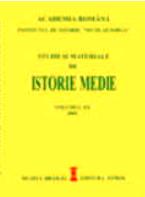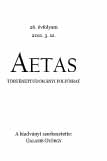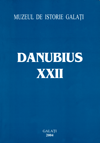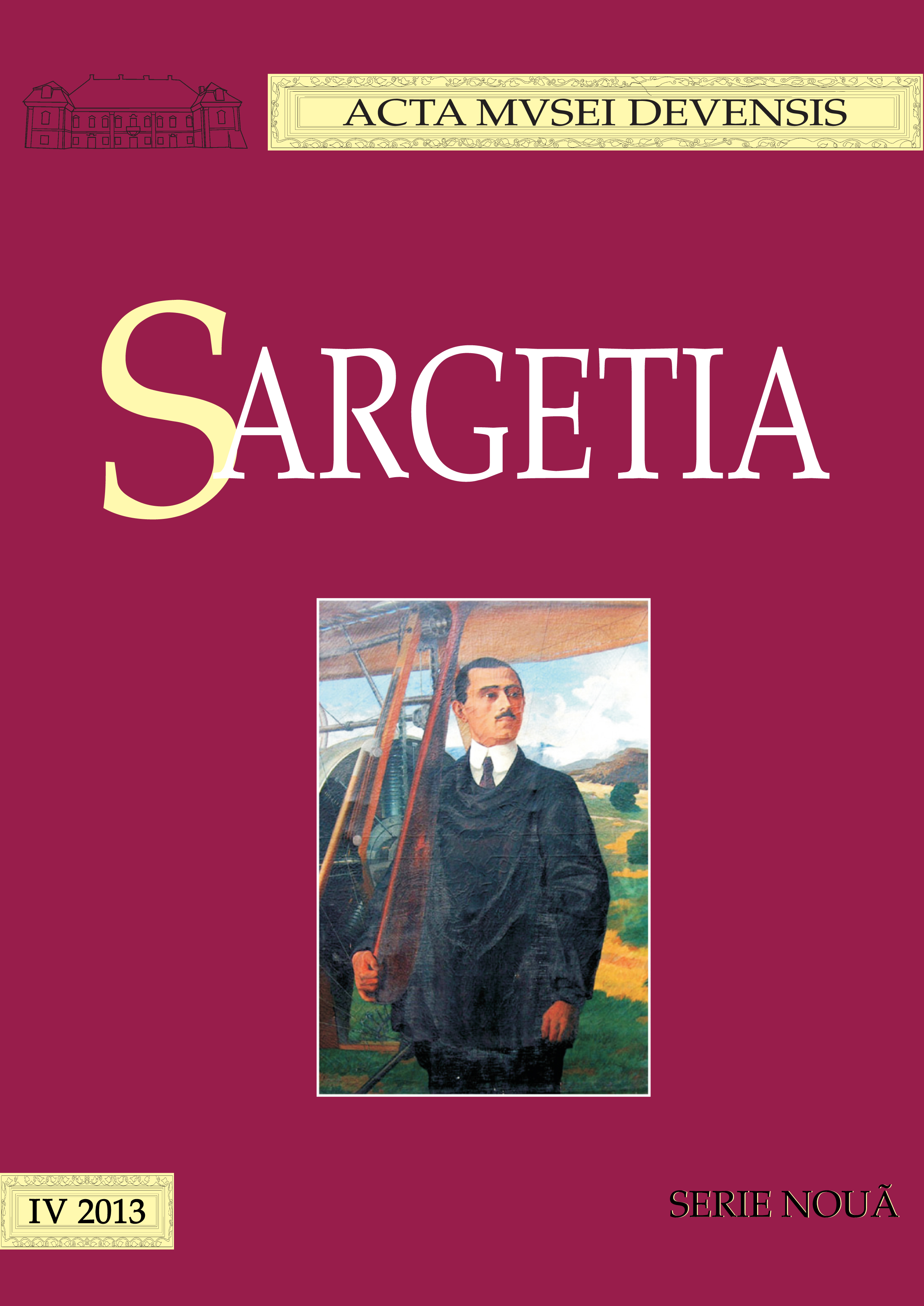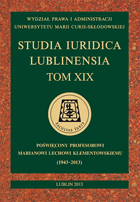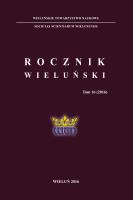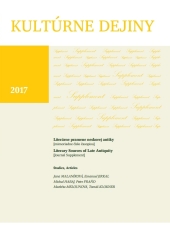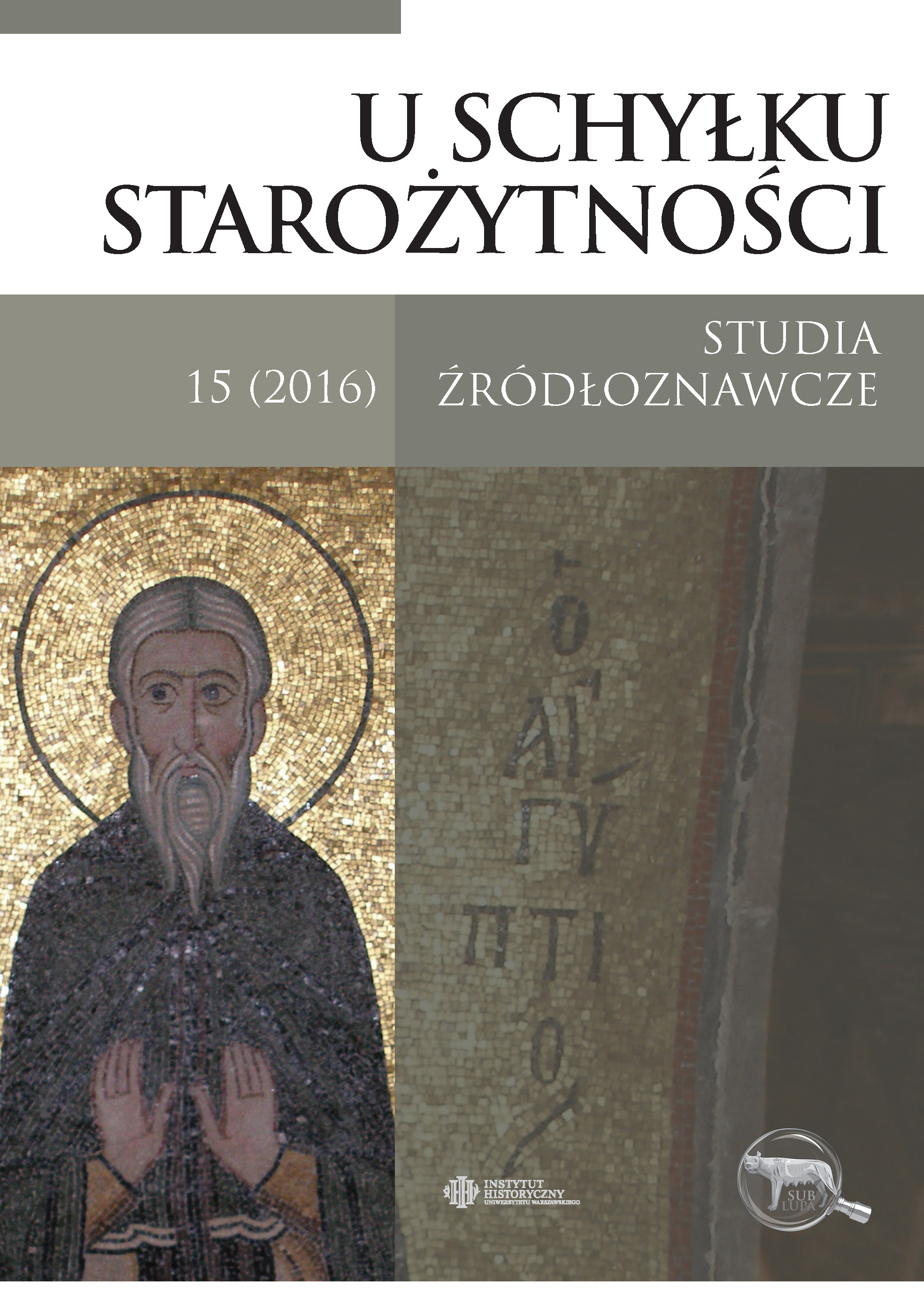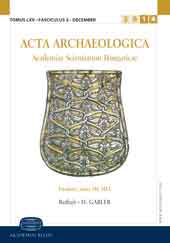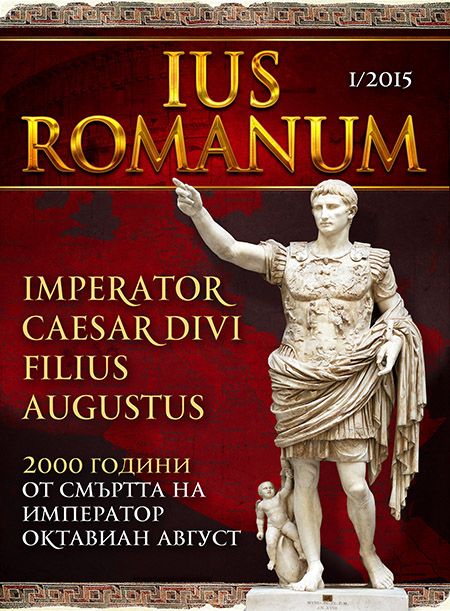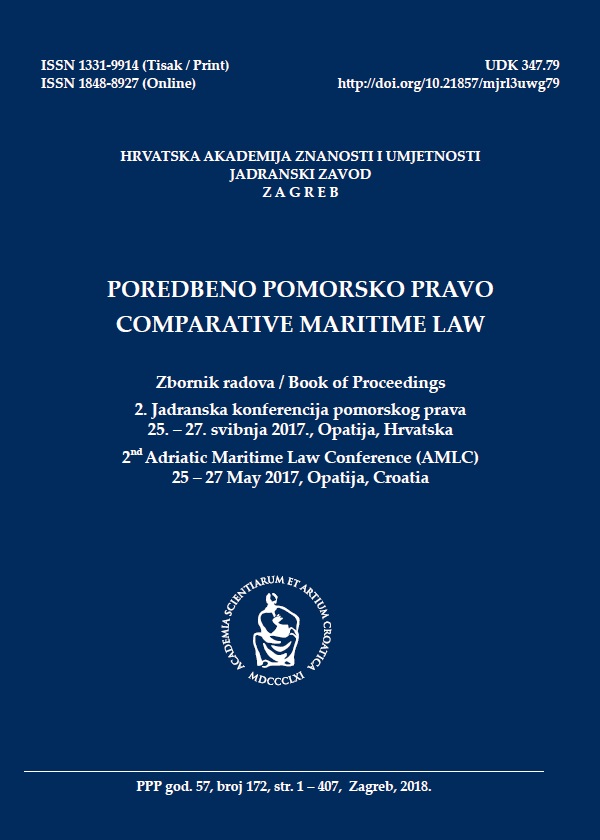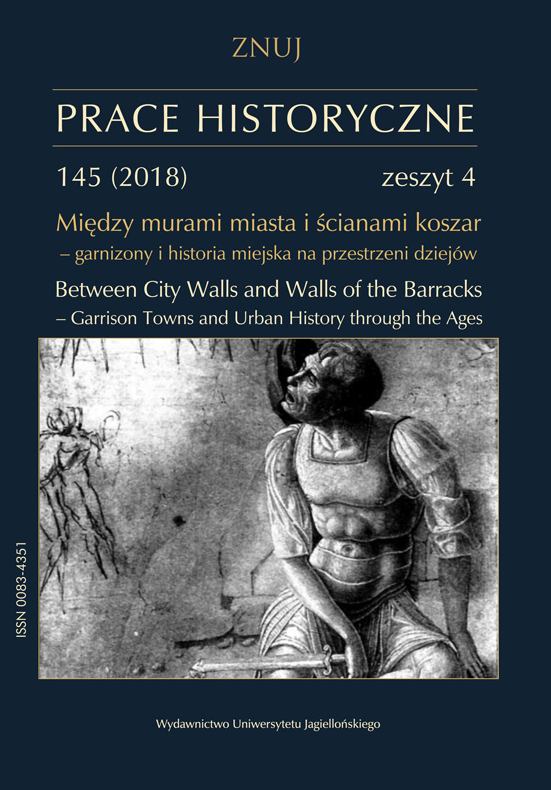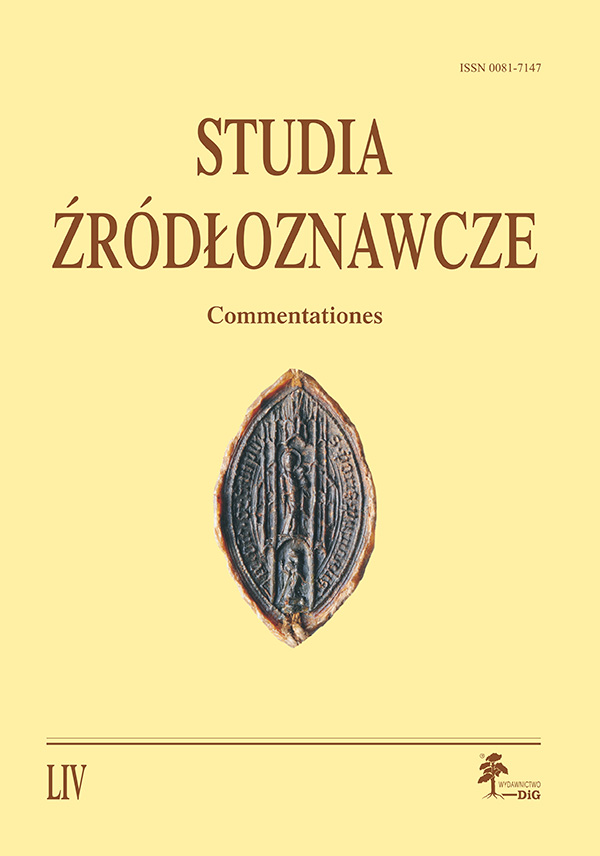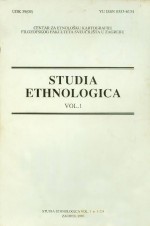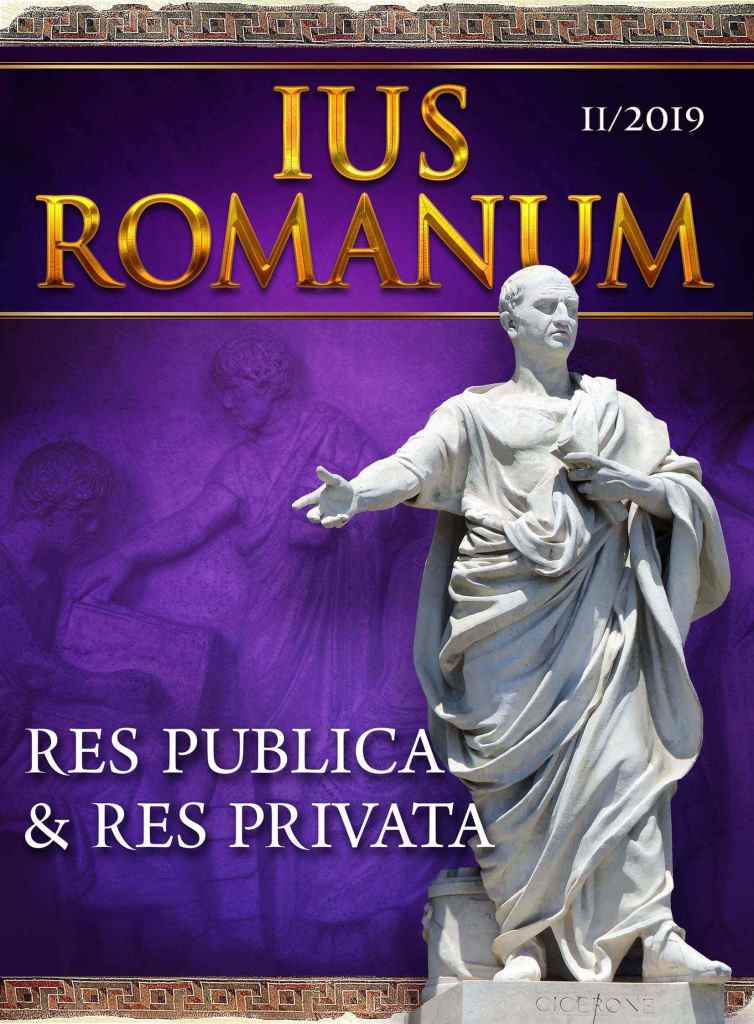Preklady vybraných neskoroantických prameňov v slovenčine a češtine
Author(s): Tomáš Klokner / Language(s): Slovak
/ Issue: Supplem/2017
Keywords: late antiquity;translations;antique historiography;classical philology;Czech Republic;Slovak Republic
The paper presents a commented register of the translations of late antiquity sources into Slovak and Czech, giving an idea of the translation production of late antiquity texts in former Czechoslovakia. Although this dramatic historical period of the Roman Empire had produced two types of sources (Christian and pagan), the author decided to exclude the Christian literature and to focus on the works by (pagan) late antiquity authors. Furthermore, the register contains only complete translations of particular writings into Slovak and Czech, leaving out their fragments, extracts and verses. In addition to basic information (name of translator, place and year of publication) and the context of their production, the comments on particular translations also bring an evaluation of their significance and quality by scholars. Having pointed out the current state of the translations of late antiquity (pagan) literature into Slovak and Czech, the author defined basic tendencies in this field. He also outlined the possibilities and perspectives of future development, considering the former state of classical philology. To make the comment clearer, the author divided the text into two parts. While in the first part he dealt with Slovak translations, in the second part he paid attention to the works by Czech classical philologists.Making accessible the literary and spiritual legacy of Greek and Roman antiquity to Slovak and Czech readers via the quality translations should be not only a natural part of the current classical philology but, we dare to claim, its essence. This is the only way how to contribute to the growth of the cultural level of our peoples and to approximate the level of our European neighbours, whose education is based on Greek-Roman foundations. Naturally, this idea is not new. In the territory of former Czechoslovakia, certain forms of translations of selected passages (less entire works) began to appear as early as in the period of humanism. Translations from classical languages into our national languages became more intensive in the late 19th and early 20th centuries. In Slovakia it was a little bit later – in the mid20th century.In the paper, we focused on the list of the translations of late antiquity (so-called pagan) works into Slovak and Czech. Inter alia, we paid attention to the quality and significance of particular translations. The present commented record shows that the production of this kind of translations has a good base both in Slovakia and the Czech Republic. The most important source of this period, Ammianus Marcellinus, as well as important legal sources (Institutiones, Digesta), were translated into the both languages. Some other works of the so-called pagan literature were also translated into Slovak or Czech. It must be admitted, however, that the Czechs have achieved much greater success in this respect (especially the translation of the Panegyrics, Scriptores historiae Augustae, Zosimus, Procopius and Jordan). To a large extent, these were new translations of the works that had not been translated into Czech or Slovak before. To a lesser extent, there were also updates of older translations (e.g. Ammianus Marcellinus).As far as the quality of individual translations is concerned, this was to be evaluated by expert reviews. However, this type of reviews was missing and only a few were written. The absence of the expert reviews of the translations of late antiquity works is quite surprising, especially with regard to the „productive“ 1970s and 1980s, when quite a big number of translations were published and the translation community of classical philologists was much more numerous than today. On the other hand, if professional reviews of particular translations appeared, they were in most cases positive.The current state in this field in Slovakia and the Czech Republic shows that the following development should, basically, go in two main directions. First, the translation of works not yet translated (Epitome de Caesaribus, Lucius Ampelius, Codex Theodosianus, Procopius – Secret History) or not translated into the particular national language (Slovak – Zosimos, Scriptores historiae Augustae, Eutropius, etc.; Czech - Itinerarium Alexandri) should be continued. And since many older translations from the last century are no longer available and their language is somewhat obsolete, new translations of already translated works should also be done. This perspective is, however, determined by the shortage of human and material resources, which causes only a very slow lowering of the debt that we still have towards ancient civilizations.
More...
